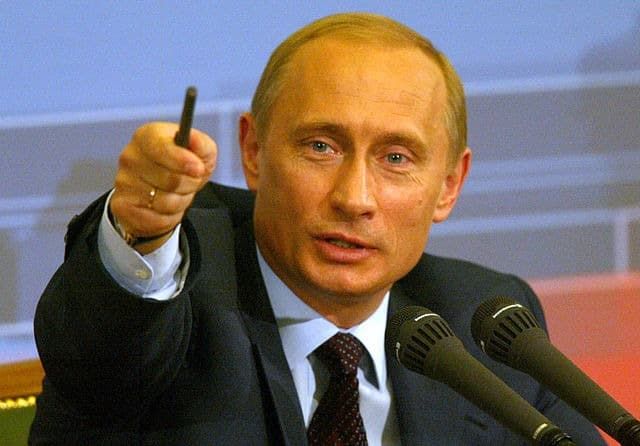Ivanka Barzashka, Centre for Science and Security Studies, King's College, London, and affiliate of Stanford's Center for International Security and Cooperation, research associate, EXPERT COMMENTARY
The issue in the unfolding crisis is not Crimea’s independence but the future of Ukraine as a whole, and Russia’s influence in the “near abroad.” The immediate objective should be to prevent a military escalation of the crisis and promote the resolution of concerns through negotiations and democratic process.
Ukraine has so far been successful in avoiding provocation. President Vladimir Putin’s March 4, 2014 press conference is a sign that Russia may be softening its stance. Putin conceded that ousted Ukrainian President Yanukovych has no political future and expressed support for May elections. He claimed armed forces in Crimea are local militias, not Russian troops, denied that Russia had trained those militias, explained that the Russian snap military drills had nothing to do with the crisis, and reserved the right to use force as a “last resort.” President Obama may be right that Putin “is not fooling anyone,” but the United States should provide Moscow a face-saving path to de-escalation while applying pressure to ensure that Russian forces retreat. Addressing Russian concerns directly would further undermine any hidden agenda.
The United States and Russia seem to agree that Ukrainians should decide their own future through democratic elections. Euro-Maidan protestors may be right to distrust corrupt politicians, but power should not go to whoever shouts the loudest. Neither should the unity of Ukraine come at all costs. If Crimeans truly want independence, then they should determine that through a referendum, like Scotland, and invite international observers.
Russia justifies its actions with the need to protect ethnic Russians in Ukraine. US Secretary of State John Kerry said that Russian minorities are not “under siege,” but the United States should assure Moscow that it too has a vested interest in protecting the rights of minorities: There are nearly a million ethnic Bulgarians, Romanians, Hungarians, Poles and Germans in Ukraine—some of whom are EU passport holders, and Ukrainian nationalist sentiment is not purely a fiction.
The United States has threatened sanctions, suspended its participation in the G-8 summit in Sochi, and ”put on hold” all military-to-military cooperation with Russia, but President Obama should resist calls to break off all engagement with Moscow. The current crisis should be viewed as a temporary problem—not the beginning of a new bipolar world order. Assuming a Russian expansionist vision may become a self-fulfilling prophecy.















